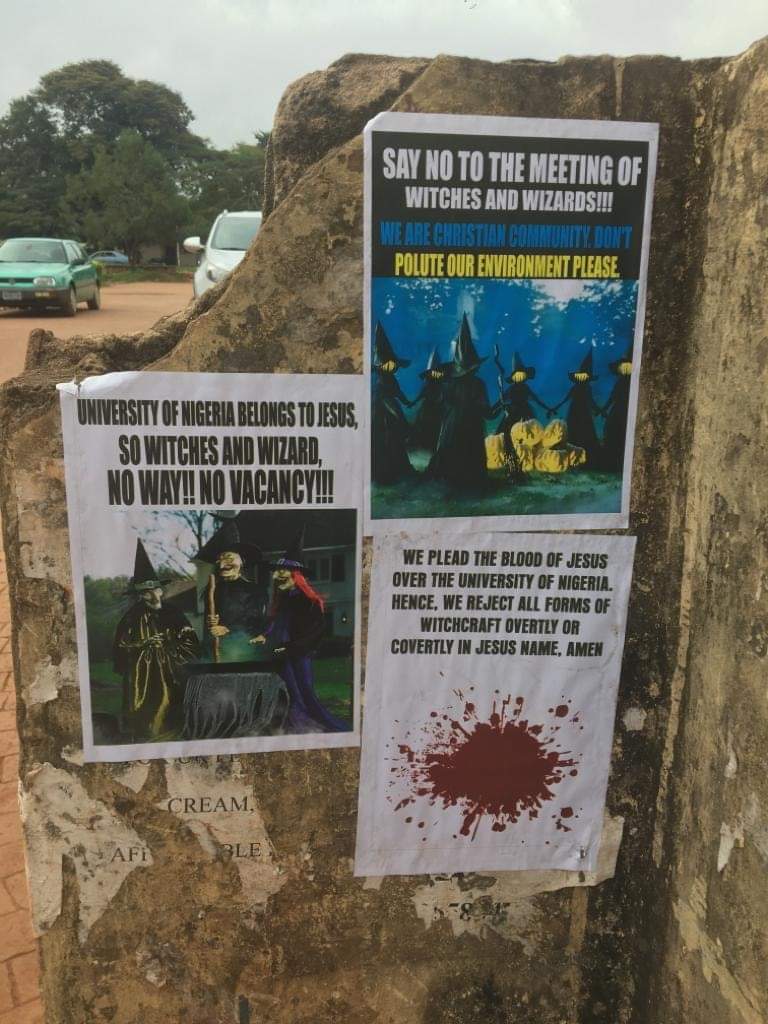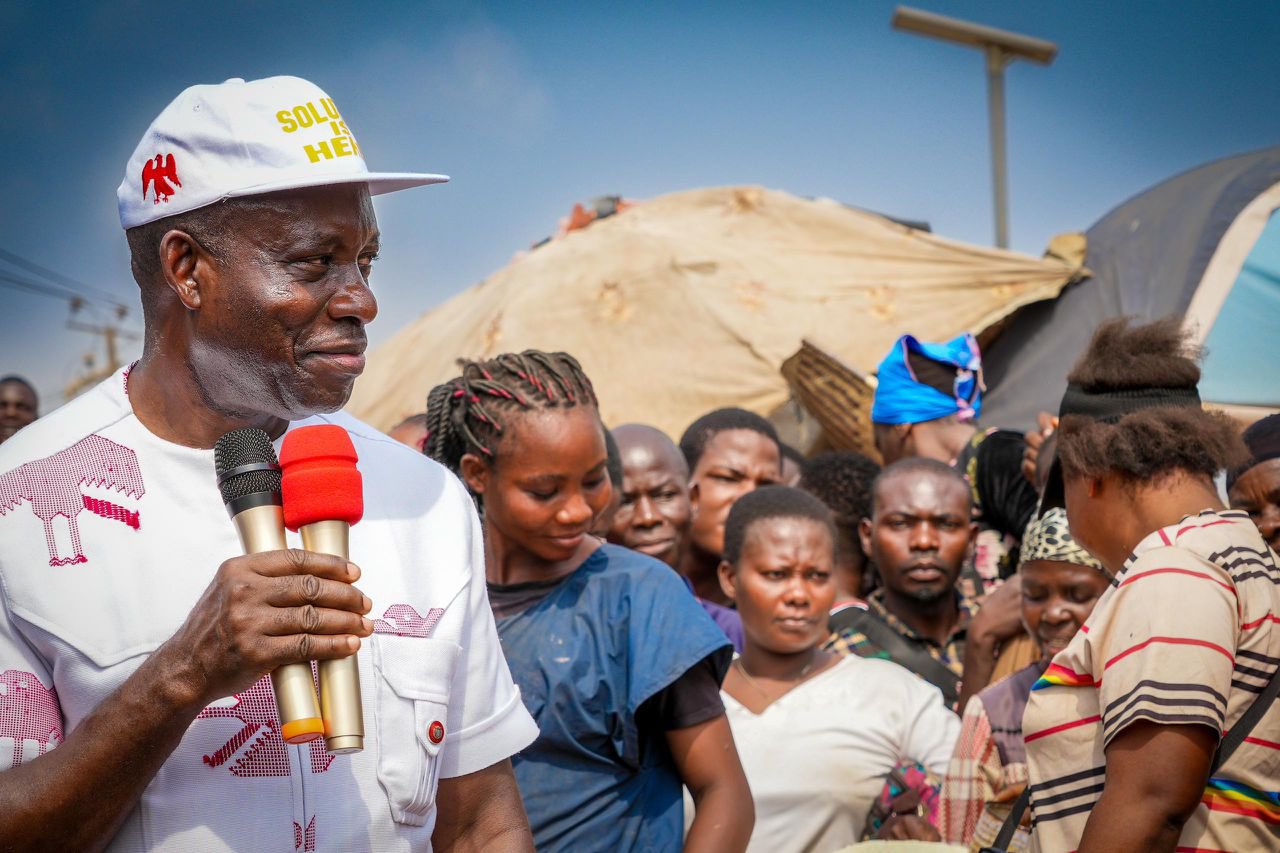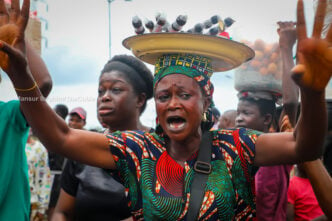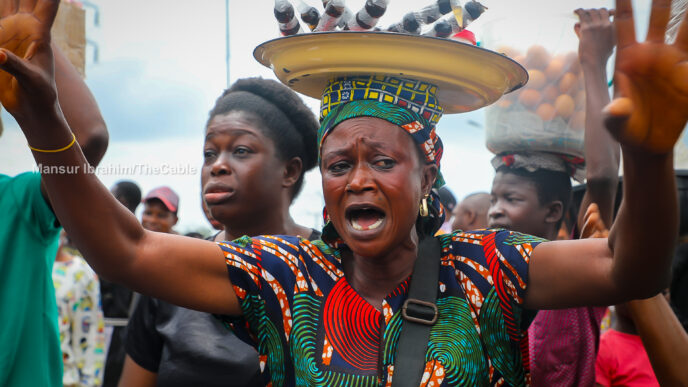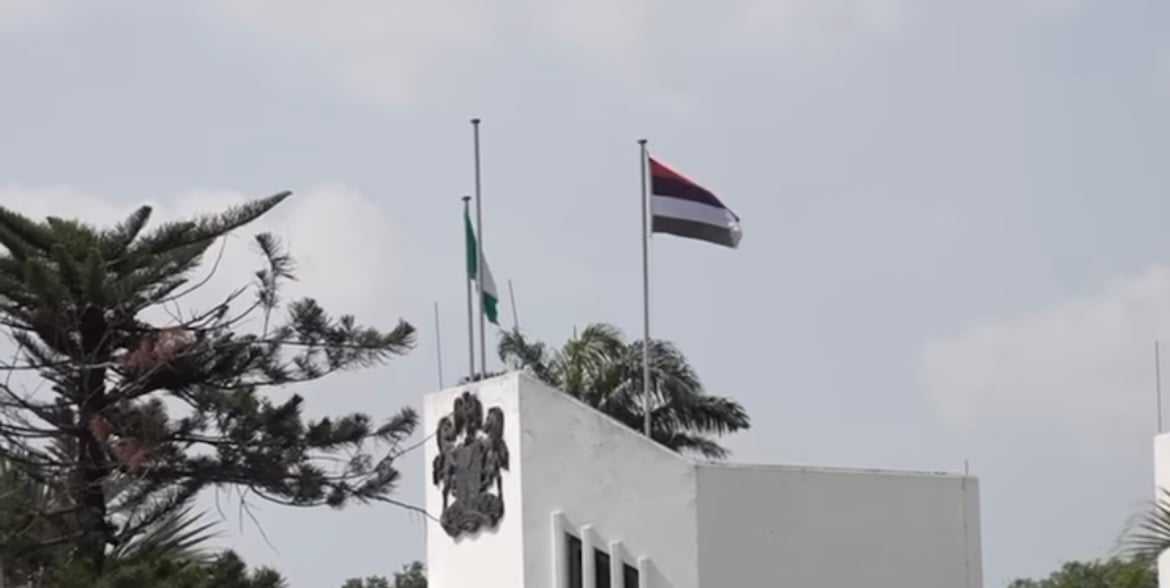When I was young, there were many cases of witchcraft. Old, withering women who had confessed to being witches and claimed to have carried out grave, horrific acts such as killing their own children and husbands, or causing similar tragedies within the community. The witches were mostly old, wrinkled and miserable women.
These women were often the victims of the allegations by family members, mostly children who had confessed to being initiated into the coven. Those were interesting times for us as children. Many of our conversations revolve around the subject, speculating about the next woman who would be alleged to be a witch. The older the woman, the more likely she was a witch!
With hindsight, I have noticed some features about the women alleged to be witches. They were mostly lonely—had no children or a few children who had suffered great calamities such as death or grave accidents—and were from dysfunctional homes. Widows are likelier to be accused of witchcraft. The poorer the home, the more feasible there was a witch in the family. Men were unlikely to be alleged to be witches. Women from strong, large and prosperous families were rarely called witches.
Women who were tagged witches suffered serious consequences, including abandonment and being stoned to death. In any case, it was a case of a death sentence when a woman was accused of witchcraft and the charge stuck. The least she would face was ostracism, which was the same thing as being killed, because, without family and community support, it led to death.
Advertisement
The consequences may also extend to her nuclear, and sometimes extended, family, with her children being shamed for being the offspring of a witch. Nothing could be worse than being called omo aje . The family business would suffer, and often such folks would relocate far from the community, but even then, the stench of the shame would follow them and endure for generations.
Today, I rarely hear of people being accused of witchcraft. It could be because I have moved up in my social circle and such conversations don’t come up in my network. Or, that education and knowledge have grown and Nigerians rarely throw up the charge of witchcraft as was common in the 80s and 90s. Or, is it possible that the terminology of young people has changed and what we, the older folks, used to refer to as witchcraft is what Gen Z calls ‘village people,’ the attribution of misfortunes to negative supernatural forces?
Of the three possible reasons, the number two is more apt: people have grown in knowledge and rarely attribute to witches the unlimited and unrelenting power to harm. We are more inclined to blame bad governance for a road accident, linking it with potholes and a lack of infrastructure than blame witches. In my view, the youth who attribute misfortunes to ‘village people’ do so half-in-jest and do not actually believe their fates and lives are controlled by wrinkled old women and men in the village.
Advertisement
This theory is bolstered by how attitudes have changed in the West. Now it seems inconceivable that belief in witchcraft and sorcery was once prevalent in most of the Western world. Women accused of witchcraft in the 17th century United States suffered a similar fate as those in Nigeria in the 1980s and 90s: jungle justice and death.
An infamous case was the Salem Witch Trials in colonial Massachusetts, United States, between 1692 and 1693. It was caused by hysteria and fear over witchcraft, leading to false accusations against many people of being witches, based on flimsy reasons. As fear of witchcraft spread, many more people were accused, giving rise to the trials. This period saw mass hysteria, fueled by religious extremism, superstition, and local conflicts. Over 200 people were accused of witchcraft at the trials, and 19 were found guilty and executed.
Advancements in science, knowledge, and legal systems have made it virtually impossible for the Salem Witch Trials to reoccur in the United States. The widespread dissemination of knowledge through education and the media has drastically reduced the likelihood of mass hysteria based on superstition. Also, modern scientific understanding has dispelled the misconceptions that fueled the events at Salem. In the 17th century US, unexplained phenomena were often attributed to witchcraft or supernatural forces, but today, we understand that many of those events likely had natural causes.
It is the same thing that has happened in Nigeria. Although we are still a poor country, knowledge has grown, and the belief in superstition has significantly reduced. But that is not to suggest that superstitions around the subject of witchcraft have been eradicated. Even as I write this, there are many places in the country, especially in rural areas, where such beliefs are prevalent. In the Akwa-Cross areas of Nigeria’s South-South region, young boys and girls are often accused of witchcraft by extreme Pentecostal pastors, leading to death or abandonment. But, thankfully, such cases are becoming rarer due to intense advocacy by government and civil society groups.
Advertisement
There is still one puzzle though: What about the women who confessed to being witches and killing their children or husbands? Only one answer is plausible: They suffered from some form of psychological trauma and depression, which made them emotionally unstable. Perhaps the sudden death of a child or husband pushed them over the mental edge, making them confess to a crime that never happened. Soon, hopefully, no one will be accused of witchcraft in our country and it will end the Nigeria witch trials.
Views expressed by contributors are strictly personal and not of TheCable.

